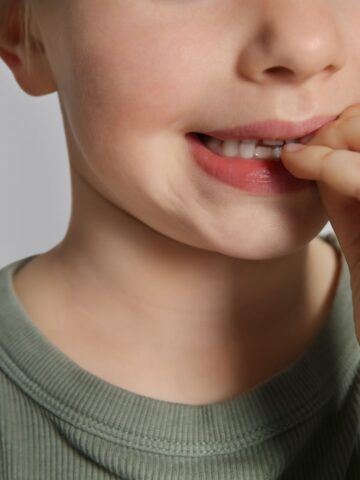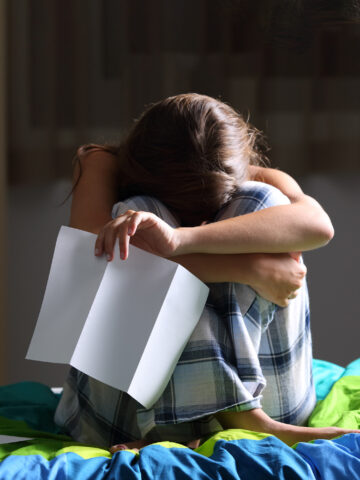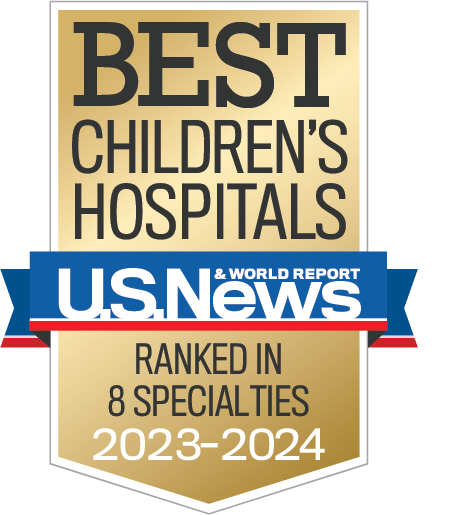According to the Center for Disease Control (CDC), approximately 1.9 million children ages 3-17 have been diagnosed with depression. Of the youth diagnosed with depression, approximately 60% do not receive any type of mental health treatment to address the condition.
What are some of the symptoms of depression?
- Feeling sad, empty or hopeless more often than not
- Feeling irritable
- Trouble falling asleep, staying asleep, or sleeping more than normal
- Feeling very tired or having little energy
- Feeling worthless or guilty
- Having trouble concentrating
- Thinking about dying or suicide
- Changes in appetite
What are the symptoms that parents should watch out for?
Symptoms of depression vary from child to child, so here are some behaviors parents can keep an eye out for, which may hint that your child is depressed or in need of mental health care.
- The child seems very irritable; keep in mind depression in young kids can look more irritable than sad or down.
- The child is spending a lot of time in their room and does not want to interact with family or friends
- The child has a significant decrease in energy level and is spending more time in bed/sleeping than usual
- The child is very “sensitive” and cries easily
- The child appears to get angry “out of nowhere”
- The child does not want to go to school
- Big changes to child’s appetite – suddenly eating significantly more or less
What’s the difference between natural adolescent behavior and depression?
Symptoms of depression may not be obvious, such as a teen exhibiting sadness. It is common for teens to be overwhelmed easily during all of their developmental changes, or to appear irritated and withdrawn from family because they’d rather be with their friends.
It’s important for parents, caregivers, and educators to be able to spot the difference between natural teen behavior and depressive behavior.
According to the Diagnostic and Statistical Manual of Mental Health Disorders (DSM-5), clinically diagnosed depression may be called Major Depressive Disorder or Other Specified Depressive Disorder. The DSM-5 states that common symptoms of depression may include irritable mood, lack of motivation, inability to concentrate, fatigue, physical symptoms like stomach aches and headaches, social withdrawal, sadness, and behavioral issues such as non-compliance and or defiance.
If your teen is not usually this way, and if there is a pattern of these symptoms popping up for more than two weeks, it may be a red flag that your teen may be experiencing a depressive episode.
Who experiences depression?
Up to 9% of youth experience at least one major depressive episode by age 14. Adolescents are even more likely to experience depression. Girls experience depression at roughly twice the rate of boys. Up to 37% of college students exhibit/express experiencing depressive symptoms.
Depression is the most common mental health condition among trans youth; 66.5% of trans teens experience depression.
Crisis Resources
If your child expresses thoughts of wanting to harm themselves or others, call 9-1-1 or visit the nearest emergency department.
988 Suicide and Crisis Lifeline:
Call 9-8-8
Text any message to 9-8-8
Chat online at 988lifeline.org/chat
Crisis Text Line:
Text “HOME” to 741741
Learn more about CHOC’s pediatric mental health services
At CHOC, we specialize in providing a full spectrum of pediatric mental healthcare, including inpatient, intensive outpatient and outpatient program services.
Get 24/7 advice from CHOC
External resources
National Institute of Mental Health (NIMH)
www.nimh.nih.gov/





